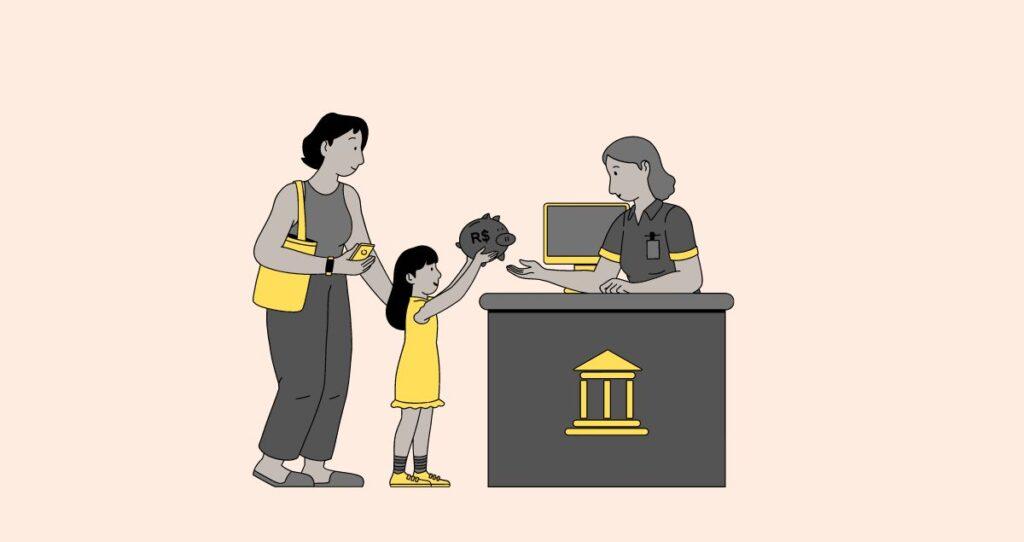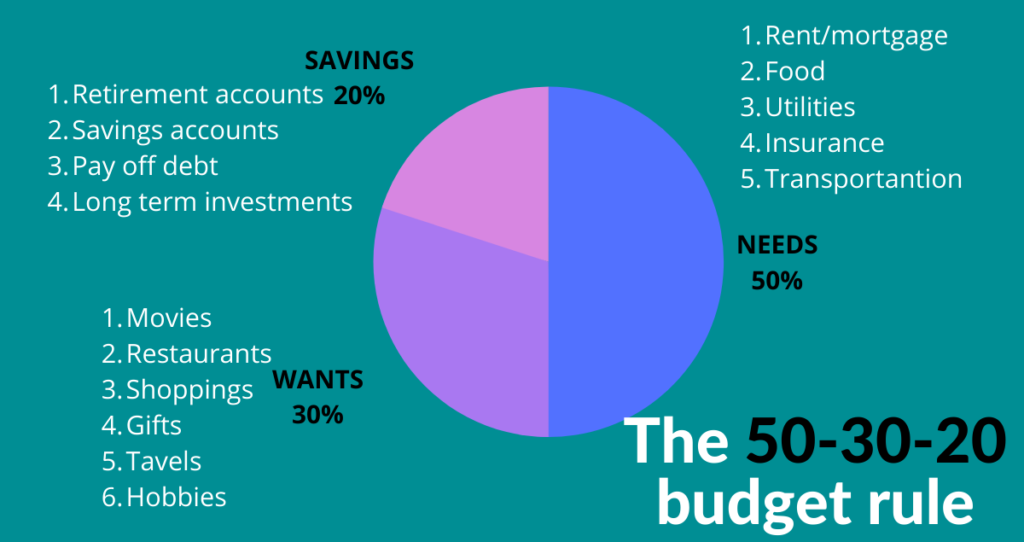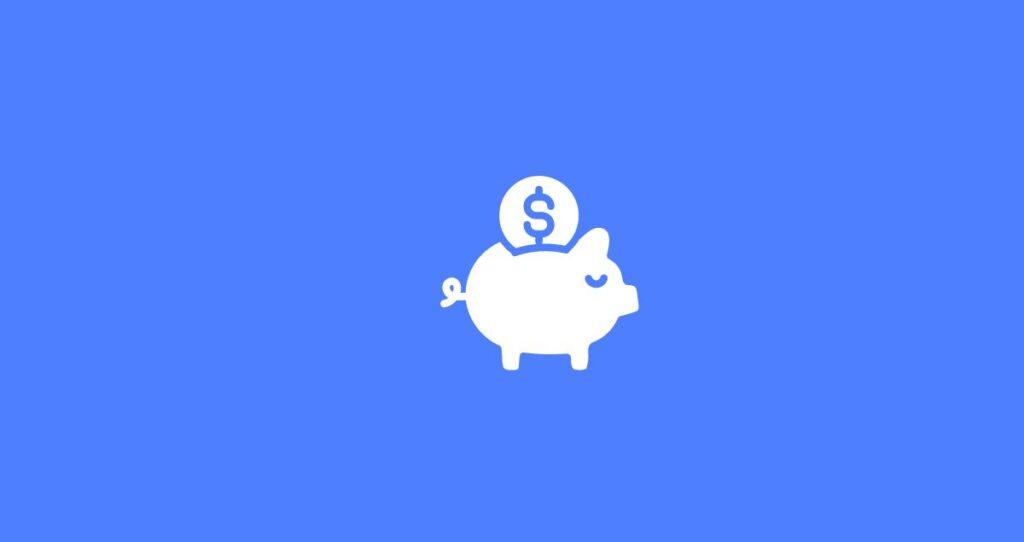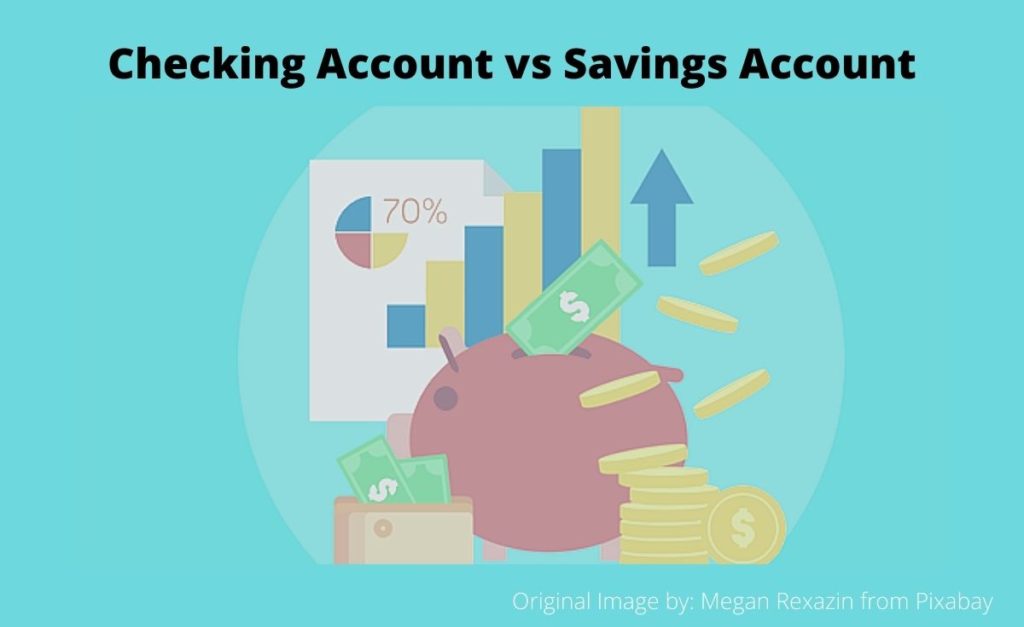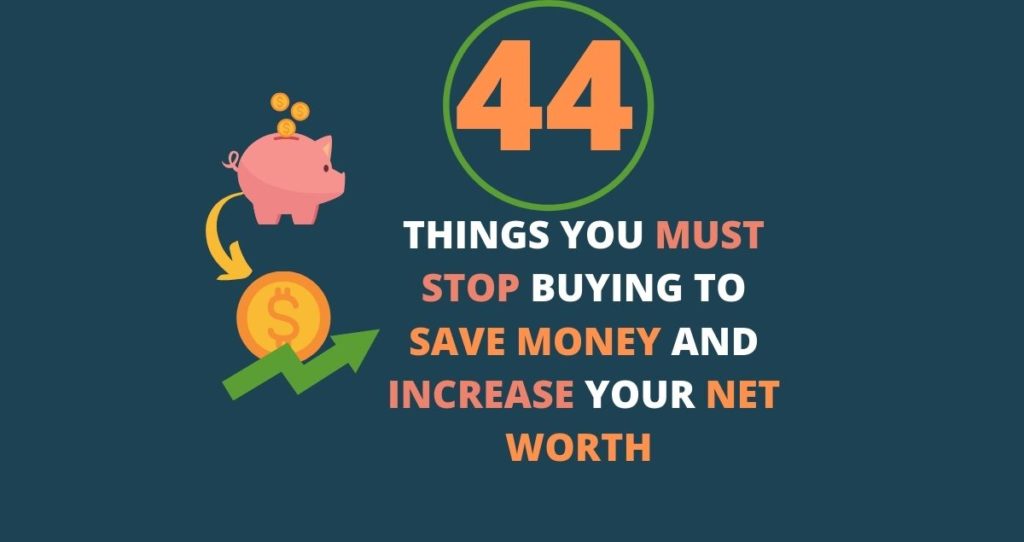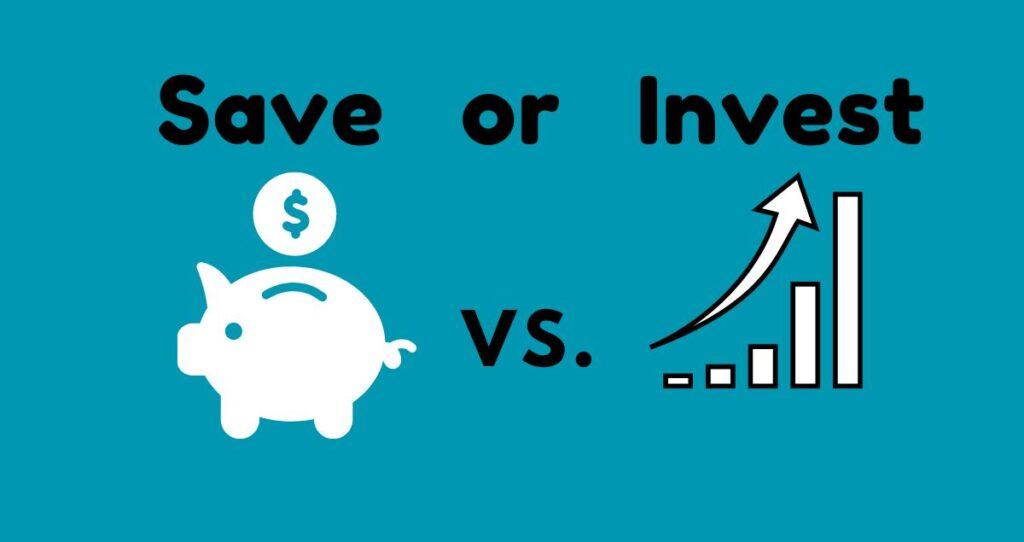While having multiple bank accounts sounds like too much work, many bank accounts can help you organize your expenses and keep your personal and business affairs separate. In addition, multiple bank accounts can help you save money for different financial goals. For example, a checking account can help you deposit money from work, pay bills, and make daily purchases. On the other hand, a savings account can help you save money for different financial goals such as a down payment on a home, a car purchase, or a wedding.
How many bank accounts should you have and what are the benefits of having multiple bank accounts? If you need to know the bank accounts you should open and whether you should open multiple accounts with the same bank or through different banks, we have answers for you.
In this article, we’ll explore the many advantages of having multiple bank accounts, including taking advantage of different interest rates, separating personal and business finances, and maximizing rewards and perks. Additionally, we will dive into the potential drawbacks and provide tips for efficiently managing multiple bank accounts.
Is it a good idea to have multiple bank accounts?
Yes, it is a good idea to have multiple bank accounts. Even if you are just getting started it is essential to have at least a savings account and a checking account. These two accounts allow you to organize your spending while also saving money for your financial goals.
How much money should I keep in my bank account?
To figure out the right amount you need to keep in your bank account, you need to note the following.
- Your deposit is only insured up to $250,000. The FDIC insures up to $250,000 per depositor per account. So, as you deposit money in your bank account, make sure to not go over this limit. Otherwise, you will lose extra cash in your account in case your bank goes bankrupt.
- Bank accounts earn you minuscule returns. The average annual percentage yield(APY) on a savings account is 0.39% according to Fortune. Additionally, the average return on a 12-month Certificate of Deposit(CD) is around 1.5% APY, according to FDIC. You can see that these returns are much lower compared to potential returns you could get from other investment alternatives such as stocks, bonds, real estate, etc. Some banks might advertise APY as high as 5%. But, most customers don’t get these returns.
- Most checking accounts do not come with interest on the money you keep in the account.
The point I am trying to make here is that you should not keep more money than you need in a bank account. Only keep what you need and invest the rest. As long as you have an emergency account, and have enough in your savings and checking account, the rest of your money should not be kept in a bank account.
Instead of keeping money in a savings account, consider putting your money in investments with higher returns that can easily be liquidated when you are ready to pursue your savings goals.
What are the benefits of having multiple bank accounts?
The following are the benefits of having multiple bank accounts that you probably did not know about.
1. Multiple bank accounts help you keep your finances organized and separate
One of the biggest issues a lot of consumers face is keeping their finances organized. For example, if you only have a checking account, every transaction will come from the same account. Additionally, the account does not earn you interest which is another blow to your finances.
You might be thinking that having one account helps you keep your finances together, but in reality, the opposite happens. To properly organize your finances, some of your funds should be separate from the rest of your money. For example, the money you put in your emergency fund should not be touched unless you are in an actual emergency. For this reason, you should create a separate bank account for your emergency fund.
To take your finances to the next level, it is critical to keep enough money in your checking account, build an emergency account, and invest the rest. By keeping all your money in a checking account, you automatically miss the opportunity to earn interest on your money and grow your wealth through investing.
2. Multiple bank accounts allow you to take advantage of different interest rates
Different bank accounts offer different interest rates, and it is crucial to take advantage of these variations. By having multiple accounts, you can distribute your funds strategically and earn more money in the long run. For instance, a high-yield savings account could be ideal for an emergency fund, while a checking account may be better suited for daily expenses.
A money market account could be set up for larger savings goals such as a wedding fund or a down payment for a home.
Maximizing your earnings by keeping your money in the account with the highest interest rate is a great way to increase your financial success. You can also have a conventional savings account for short-term saving goals and purchase certificates of deposit(CDs) for higher interest rates. It’s essential to do thorough research before opening new accounts, as some accounts may have fees or minimum balance requirements.
3. Keep your personal finance and business separate
As a business owner, one of the most important boxes you must check is to separate business finances from your personal finances. This is important because this separation comes with maximum tax deductions or business tax credits. To learn more about all business tax credits you can claim, follow the IRS list of tax credits and forms you can complete. In addition to tax advantages, separating your business from your personal financial affairs comes with legal protection.
For example, if you use the same account for business and personal finance and get sued, it might be difficult to separate your business finances, assets, and liabilities from your own. As a result, you will lose some of your personal belonging when settling the legal matter.
In short, it is beneficial to have a business bank account and a personal bank account. Mixing the two can lead to confusion, possible taxation issues, and even legal trouble. By creating separate accounts for your personal and business expenses, you can easily track your spending and income, and avoid any potential financial mishaps.
You might also like: Can I use a personal credit card for business expenses?
4. Maximize your rewards and perks
One of the benefits of having multiple bank accounts is the opportunity to maximize rewards and perks. Different banks offer various types of accounts with different rewards and benefits. For instance, one account may offer cashback rewards for debit card purchases, while another account may offer high-interest rates on savings. Having multiple accounts allows you to take advantage of the benefits of each, adding up to significant savings in the long run.
Moreover, some banks may offer bonuses for opening new accounts or referring friends and family. By having multiple bank accounts, you can potentially earn more bonuses and increase your financial benefits. It is important to note, however, that these bonuses often come with terms and conditions, such as maintaining a certain balance or making a minimum number of transactions. Be sure to read the fine print and understand the requirements before opening a new account solely for the bonus.
If you have multiple bank accounts, regularly check for banking errors
Maintaining multiple bank accounts can be a wise move for managing your finances efficiently. But it is important to keep an eye on your transactions to avoid any errors. Even the most reputable banks can make mistakes, leading to overdraft fees, erroneous charges, or missing funds.
To protect yourself from banking errors, it is a good idea to regularly check your account statements and expenses. You should also set up notifications for any unusual activity or transactions that exceed a certain amount, and promptly report any errors to your bank. By staying vigilant and proactive, you can prevent small banking mistakes from snowballing into larger financial problems.
Know the drawbacks of having too many bank accounts
While having multiple bank accounts can offer many financial benefits, it is important to consider the drawbacks that come with spreading your money across several accounts. One potential drawback is the risk of losing track of your transactions and balances, which can lead to overdraft fees or missed payments.
Another potential downside of having too many bank accounts is the time and effort required to manage multiple accounts. While some people may enjoy the task of tracking their finances across various institutions, others may find it overwhelming and time-consuming. This becomes a big issue, especially for people with busy schedules. For this reason, it is essential to assess your own preferences and needs before opening multiple accounts.
Tips for opening and managing multiple bank accounts
To successfully open and manage multiple bank accounts and avoid financial mishaps, you need a plan and strategies. Here are some tips to help you keep everything organized and maximize your financial benefits.
- Determine your financial goals. Before opening multiple bank accounts, take some time to assess your financial goals. Do you want to save for a specific purchase, build an emergency fund, or invest your money? Once you have a clear idea of your goals, you can create a plan that incorporates multiple bank accounts to help you achieve them.
- Use different accounts for different purposes. Consider using separate accounts for specific purposes, such as a checking account for everyday expenses and bills, a savings account for long-term saving goals, and a money market account for more returns.
- Set up automatic transfers. To avoid the hassle of manually transferring money between accounts, set up automatic transfers to ensure that a portion of your income goes into each account every month. You should also record the deadline for each transaction and have enough cash in each account to avoid overdrafts or late fees.
- Monitor your accounts regularly. Keep track of your account balances and transactions regularly to ensure that you are not overspending or missing out on any interest or reward opportunities.
- Do not open more accounts than you need. Yes, it is good to have separate accounts. But, having too many bank accounts will only cost you valuable time and money with little to no benefits.
Can you have multiple bank accounts with different banks?
Keeping multiple bank accounts can be highly beneficial for managing your finances and achieving financial success. However, you may be wondering if it is possible to open accounts with different banks. The answer is yes, you can have multiple bank accounts with different banks. This can actually provide you with more benefits, such as diverse financial products, higher interest rates, and greater convenience.
Choosing different banks for your accounts also offers you greater protection in case of a bank failure. The Federal Deposit Insurance Corporation(FDIC) insures up to $250,000 per depositor in each bank. If you have more than $250,000, it will be wise to open another bank account with a different bank instead of keeping all your money in one bank where a large chunk of it is not insured.
Can you have three bank accounts with the same bank?
The short answer is yes, you can have three bank accounts with the same bank. In fact, many banks offer incentives for customers with multiple accounts, such as higher interest rates or waived fees. However, it is important to consider the potential drawbacks as well.
One potential downside of having all your accounts with one bank is that it puts all your eggs in one basket. If the bank was to fail, you could potentially lose some of your money. While the FDIC does insure up to $250,000 per depositor in each bank, it is still a good idea to diversify your accounts across different banks for added protection and peace of mind.
Another thing to consider is whether the bank offers the specific types of accounts you need. Having three accounts with the same bank will not provide you with the same benefits as having a checking account from the bank, a high-yield savings account from another bank, and a CD account from a different bank.
How many bank accounts should you have?
When it comes to deciding how many bank accounts you should have, there is no one-size-fits-all answer. It really depends on your individual financial situation and goals. However, there are some factors to consider that can help guide your decision.
First, think about the different types of accounts you need. Do you need a checking account for everyday expenses, a savings account for long-term goals, and a credit card for building credit? If so, you may want to consider having multiple accounts with different banks that specialize in each of those areas.
Another factor to consider is the fees associated with each account. Some banks may charge higher fees for multiple accounts, while others may offer discounts or waive fees for customers with multiple accounts.
Finally, think about your overall financial goals. Are you saving for a down payment on a home or trying to pay off debt? Having separate accounts for each of these goals can help you stay organized and focused on your objectives.
So, how many bank accounts should you have?
In a nutshell, you should have 3 to 4 different bank accounts. The first account should be a checking account that allows you to make withdrawals and execute your daily spending. The second account should be your savings account which allows you to save for long-term goals while earning a small percentage.
The third should you an emergency account where the money is kept there and used only when you have an emergency. The last one should be an investment account which provides you with a higher yield and allows you to grow your net worth. For example, you can purchase CDs, put your money in a Money Market Account(MMA) or purchase other forms of investments.
Is it better to bank with multiple banks?
Yes, it is better to open accounts with multiple banks. Doing so can offer certain advantages such as gaining access to different products and services, as well as diversifying your financial risk. Additionally, banking with multiple institutions can give you more negotiating power when it comes to interest rates and loan terms.
However, there are also drawbacks to consider when banking with multiple banks. You may find it harder to keep track of all your accounts, which could lead to missed payments or fees. Most banks also require a minimum monthly deposit or charge an account management fee.
If your income will not be enough to meet the minimum required monthly deposit on each bank account, consider opening one account from one bank. Otherwise, you will end up paying a monthly fee that could have been used to take care of your financial needs.
Additionally, having accounts spread across different banks can add an extra layer of complexity to your finances.
The bottom line
Having multiple bank accounts can be the key to your financial success. This is because each bank account allows you to achieve a particular financial goal without compromising the security and safety of other accounts. For example, a checking account allows you to make daily purchases without touching money saved for emergencies or savings for long-term financial goals.
When choosing the number of bank accounts you can open, incorporate the following tips in your decision-making.
- Your financial goals
- Your income and ability to meet the demand and management of each account
Opening too many accounts will not offer any additional financial benefits. But, can cost you a lot of money in the long run. On the contrary, opening a few accounts than you need will lower your chances to take advantage of the benefits that come with bank accounts.
You should also avoid putting too much money into one bank account. This is because bank accounts such as savings accounts, certificates of deposits, or money management accounts do not offer enough returns to justify the investment. In addition to low returns, your account will only be insured for up to $250,000. So, keep these details in mind when putting money into our bank accounts.
